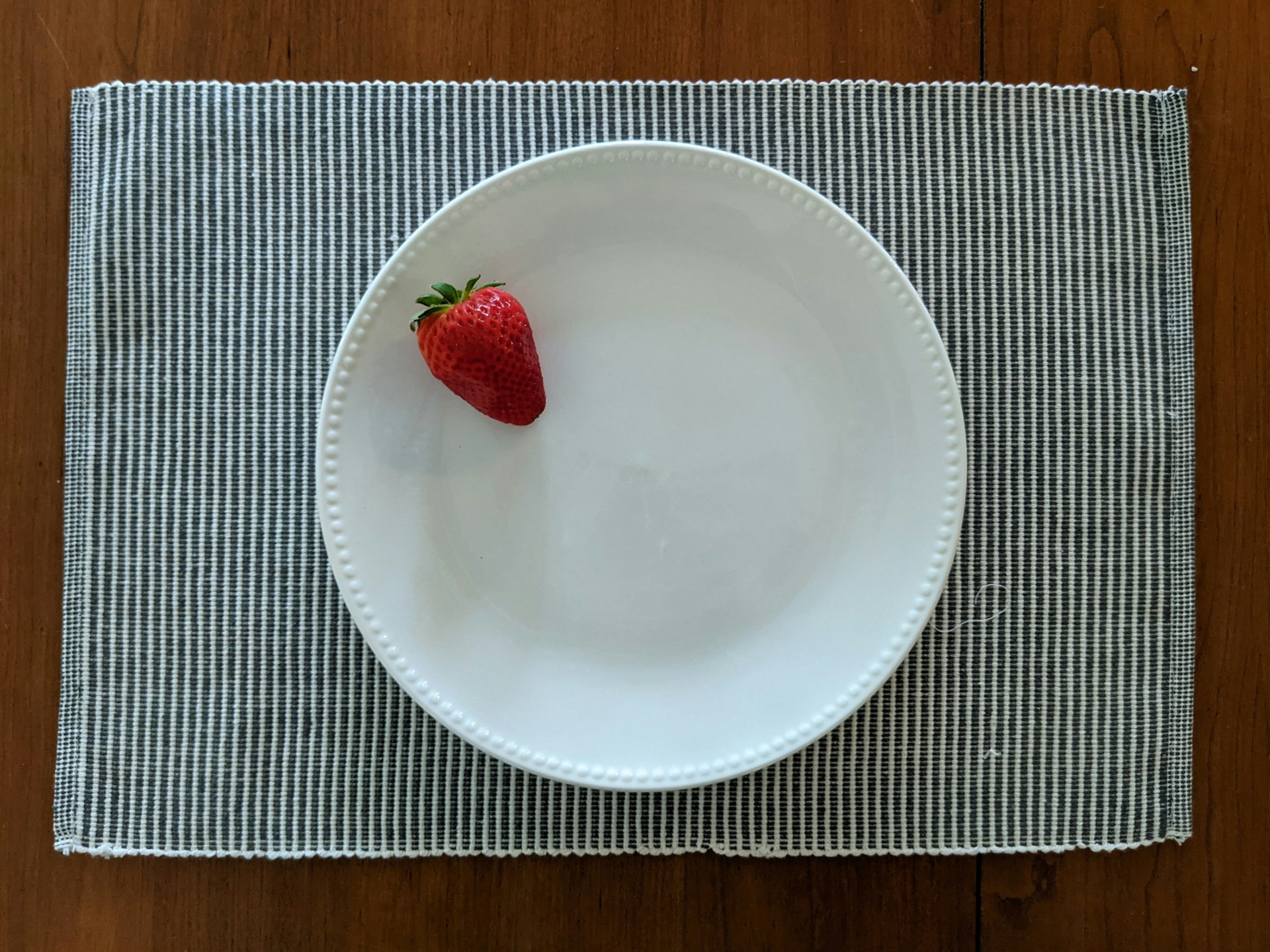Gastric bypass surgery is done to help an obese person lose weight so they can improve their health. Like any surgical procedure, there can be risks and side effects, and some may be impossible to resolve. This may lead a patient to regret their decision to have this operation, but can you reverse a gastric bypass?
Today we are going to talk about what is involved in bypass surgery and whether a gastric bypass is reversible. We will also talk about reasons to reverse gastric bypass surgery and what options are available.
{{cta_button}}
A Quick Overview Of Roux-en-Y
Before we talk about whether it’s possible to reverse gastric bypass (Roux-en-y), let’s look at a quick overview of what this weight loss surgery entails.
This is a bariatric surgery technique that involves reducing the size of the stomach and rearranging the path of the small intestine so the amount of food the person can eat is restricted and the number of calories they can absorb is reduced. These are referred to as restrictive and malabsorptive techniques and are the foundation of effective weight loss procedures.
Gastric bypass surgery takes an additional step from the gastric sleeve, which is considered the most popular weight loss surgery. The gastric sleeve involves the surgical removal of a large amount of the stomach, greatly reducing the amount of food it can hold at one time. The gastric bypass not only reduces the capacity of the stomach but also shortens the path of digestion, so the body is unable to use all the food that is consumed before it is eliminated.
Is Gastric Bypass Reversible?
Many patients ask the question, “Can gastric bypass be reversed?” Most surgeons would not recommend gastric bypass reversal surgery due to the elevated risks involved, which is why gastric bypass is considered a non-reversible procedure. To reverse the gastric bypass would require operating in the same place as the original surgery, making it significantly more complex and increasing the risk of complications and the chance of an unfavorable outcome.
What Are Some Reasons To Reverse Gastric Bypass?
Most individuals who have this surgery understand that this procedure is considered irreversible for several reasons; however, a recent report showed that an average of 6% of patients regret their decision to have the surgery.

Some of the reasons individuals wish they can have their gastric bypass reversed include:
Issues With Malnutrition
It is challenging for gastric bypass patients to absorb the vitamins and minerals that are essential to their health, even if they take their prescribed supplements. In some situations, this may lead to malnutrition and then trigger complications from other health issues.
Dumping Syndrome
This condition results when food travels too fast from your stomach to your bowels. This happens most often with foods that are high in sugar or fat and results in cramping and diarrhea that can be severe and painful. This can occur anywhere from 30 minutes to several hours after you have eaten. Most patients can avoid this complication by watching their portions and what they are eating; however, there are some instances where medication or additional surgery may be necessary to resolve it.
Weight Gain
Patients who had a successful gastric bypass reversal often experience weight gain and associated metabolic conditions.
Chronic Side Effects
- Vomiting, nausea, and abdominal pain are common side effects after a gastric bypass, but these normally resolve within a few weeks. If these side effects continue beyond the normal limits and disrupt the quality of life, the patient may regret having the gastric bypass;
- Ulcers and hernias can develop after a gastric bypass, which can sometimes interfere with the individual’s daily life;
- Metabolic concerns can develop, such as fluctuating blood sugar levels such as reactive hypoglycemia, which can cause dizziness and fatigue and even trigger seizures;
- Some individuals develop intolerances to certain foods that can be severe. Issues like being unable to eat any solid foods after a gastric bypass can reduce the quality of life for some individuals.
{{cta_small}}
What Can Be Done Instead Of Reversing Gastric Bypass Surgery?
The advancements in endoscopic techniques have opened up opportunities for new procedures that can assist in revising previous bariatric surgeries like gastric bypass. Some issues that can be corrected through an endoscopic revision include ulcers, fistulas, leaks, gallstones, acid reflux, stenosis, and weight gain.
Suture ReSculpt is a procedure that can help correct some of the most common issues that can promote weight gain after gastric bypass. Sometimes changes occur to the original operation that can impede the effectiveness of how it is intended to work.
- The smaller stomach that was created to aid in calorie restriction can stretch out, allowing the individual to eat more and gain weight;
- The point where the stomach connects to the small intestine can become enlarged, allowing the food that is consumed to pass through and digest more quickly. This causes the individual to get hungry more often, and when coupled with the stretched-out stomach, effectively removes the restrictive element that was created during the initial surgery.
During the Suture ReSculpt procedure, the stomach laxity can be corrected by adding strategically placed sutures to tighten it back up. Sutures are also used to tighten up the connection point between the stomach and small intestine to slow the digestion process back down. These sutures are placed using an endoscope, so no incisions or surgery are necessary.

The entire procedure is carried out from the inside using an endoscope that is lowered down the patient’s throat to access the stomach. Most patients are back to their normal routine in just a few days after having the Suture ReSculpt procedure and are back on track for their weight loss goals.
What Can I Do If I Am Putting On Pounds After My Bypass?
If your gastric bypass or sleeve surgery is no longer effective, you have certain side effects that are limiting your abilities, or you are actively gaining weight, come speak to the experts at Batash Endoscopic Weight Loss Center. In under an hour, without a hospital stay or any cutting, we can set things right with the very low-risk Suture ReSculpt procedure.
Dr. Steven Batash and his excellent support team will reset the restrictive measures and have you back on your weight loss journey in no time at all. You will have access to an amazing support team that will provide you with the guidance and support you need to reach your goals. Set up an appointment today to discuss your circumstances and find out if Suture ReSculpt is right for you.
{{cta_button}}








